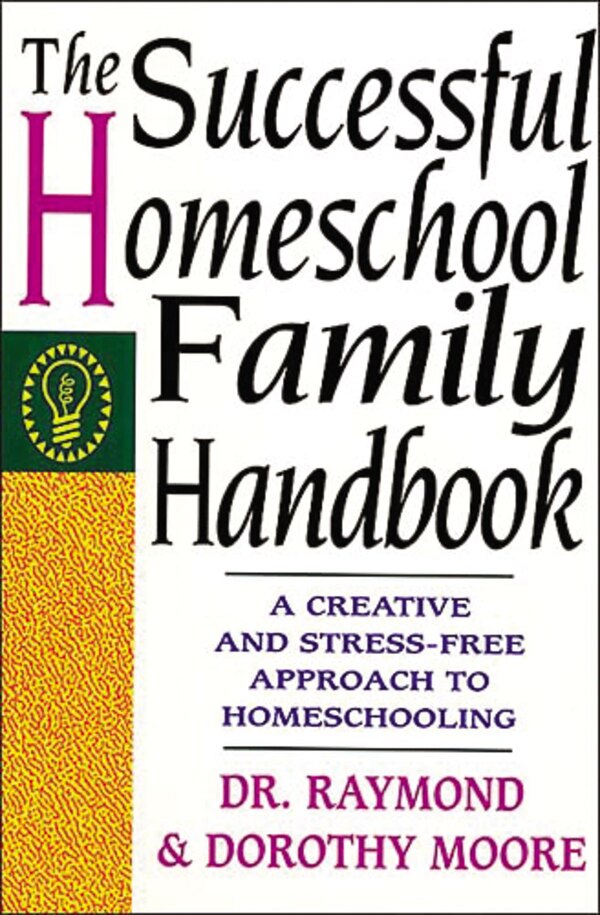Exploration Unleashed: Home Schooling Field Studies

Exploration Unleashed: Home Schooling Field Studies
Embarking on the journey of home schooling field studies opens a world of experiential learning and discovery. In this article, we’ll delve into the myriad benefits of incorporating field studies into a home schooling curriculum, exploring strategies that transform education into a dynamic and hands-on adventure.
The Power of Learning Beyond Classroom Walls
Home schooling field studies break the traditional barriers of classroom learning. Beyond textbooks and lectures, students step into the real world to explore firsthand. This experiential learning approach cultivates a deep understanding of subjects, allowing concepts to come alive in a tangible and memorable way. Field studies provide a bridge between theory and practice, making education more engaging and relevant.
Hands-On Science Explorations in Nature
Science comes alive in the great outdoors during home schooling field studies. Whether exploring local ecosystems, identifying plant and animal species, or conducting simple experiments in nature, students gain a holistic understanding of scientific concepts. Field studies enable them to connect classroom theories with real-world observations, fostering a love for the natural sciences.
Historical Immersion Through Site Visits
History takes on a new dimension as home-schooled students embark on historical site visits during field studies. Walking through museums, visiting landmarks, and exploring archaeological sites bring history to life. These immersive experiences allow students to witness the stories of the past, fostering a deeper appreciation for historical events and cultures.
Cultural Insights Through Community Engagement
Home schooling field studies provide unique opportunities for cultural immersion through community engagement. Whether volunteering at local organizations, participating in cultural events, or interviewing community members, students gain firsthand insights into diverse cultures. This cultural exposure promotes empathy, understanding, and a global perspective.
Environmental Stewardship in Action
Field studies empower home-schooled students to become environmental stewards. Engaging in conservation projects, participating in beach clean-ups, or learning about sustainable practices firsthand instills a sense of responsibility for the environment. These experiences contribute to the development of environmentally conscious individuals who understand the importance of preserving our planet.
Mathematics and Geography in the Real World
Mathematics and geography come to life in the real world during home schooling field studies. Whether measuring distances on a hiking trail, calculating angles in architectural structures, or mapping out geographical features, students apply mathematical and geographical concepts in practical scenarios. This hands-on approach enhances their problem-solving skills and spatial awareness.
Artistic Inspiration from Outdoor Settings
The great outdoors serves as a canvas for artistic inspiration during home schooling field studies. Whether sketching landscapes, capturing photographs, or creating nature-inspired artwork, students connect with their artistic side in natural settings. Field studies foster creativity and allow students to express themselves through various artistic mediums.
Physical Fitness Through Outdoor Activities
Home schooling field studies promote physical fitness through outdoor activities. Hiking, nature walks, and other physical pursuits not only contribute to a healthy lifestyle but also provide opportunities for kinesthetic learning. The integration of physical activity into field studies emphasizes the interconnectedness of physical well-being and academic engagement.
Technology Integration for







